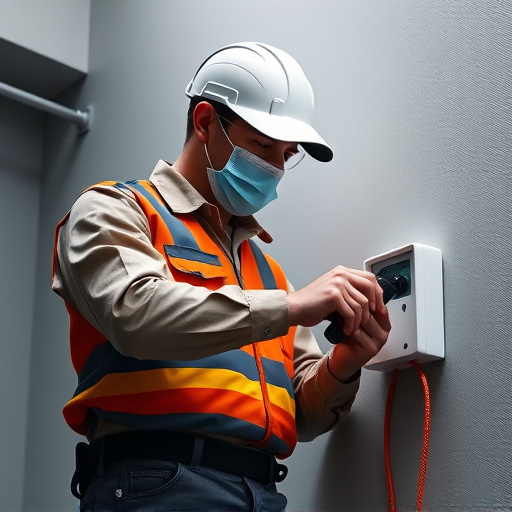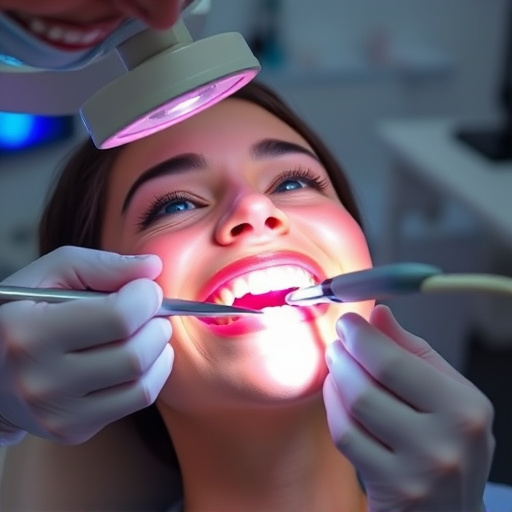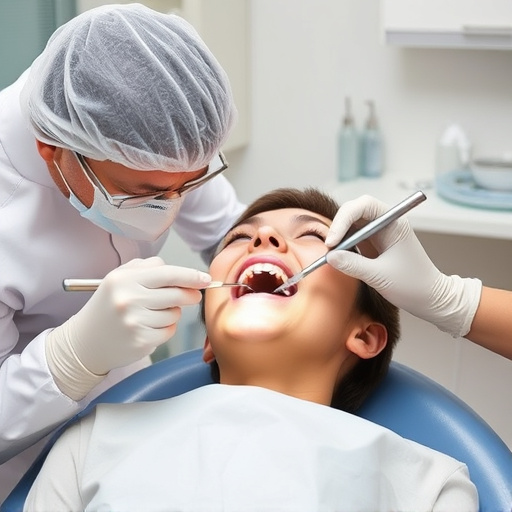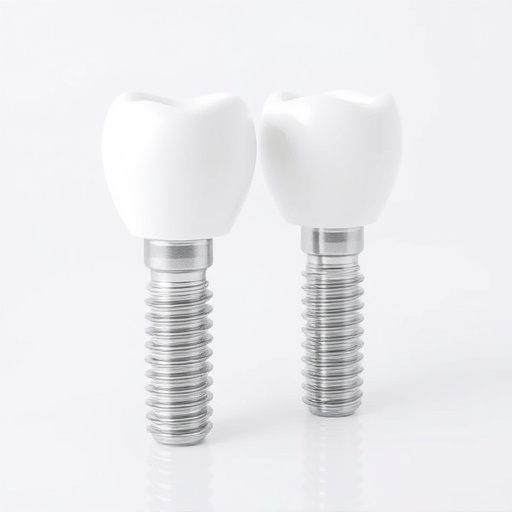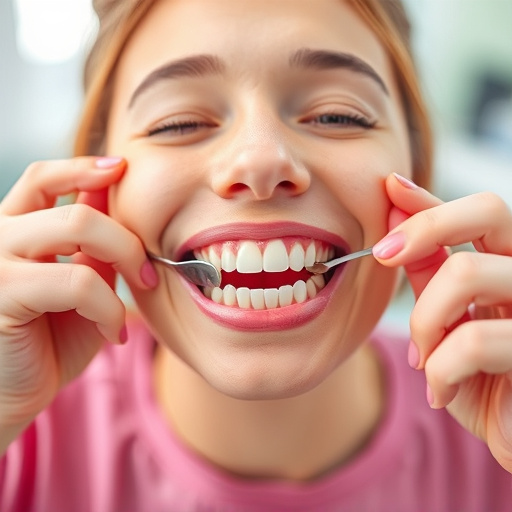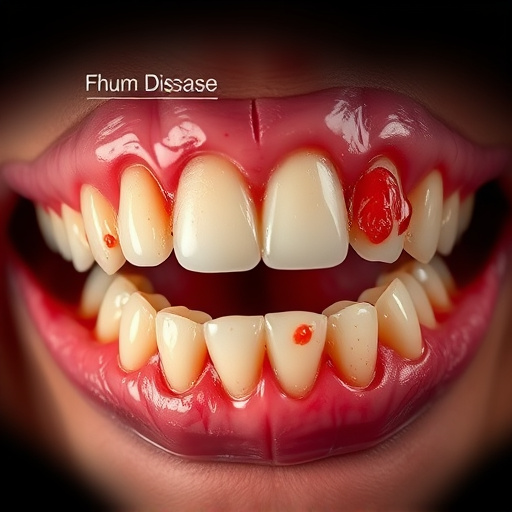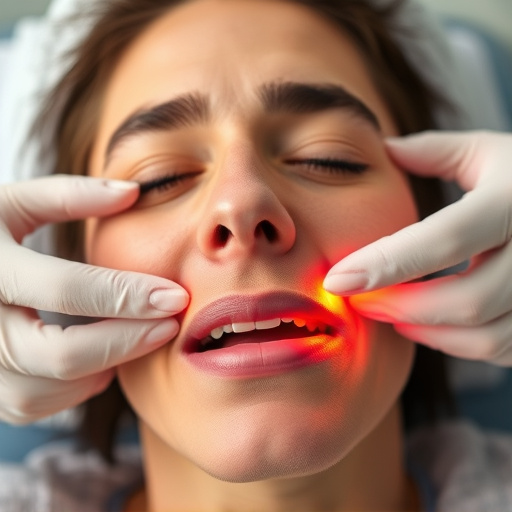Oral hygiene education is crucial for overall wellness, empowering individuals—especially children—with knowledge and skills to maintain healthy teeth and gums. Early education in children's dentistry fosters habits preventing common issues like tooth decay and gum disease, contributing to overall well-being. By integrating simple, age-appropriate practices into daily routines, families can ensure a bright and healthy smile for everyone, leading to reduced dental problems and improved systemic health.
“Unleash your journey towards optimal wellness, starting with a powerful yet often overlooked aspect: oral hygiene education. In this comprehensive guide, we explore why this foundation is crucial for overall health. From understanding the basics of dental care to uncovering advanced techniques and best practices, we’ll show you how daily oral hygiene routines can transform your well-being. Moreover, discover the profound impact of educated habits on long-term oral health and their surprising benefits beyond your smile.”
- Understanding the Foundation: Why Oral Hygiene Education Matters
- Building Blocks for Daily Wellness: Techniques and Best Practices
- The Impact of Educated Habits: Long-term Oral Health and Beyond
Understanding the Foundation: Why Oral Hygiene Education Matters

Oral hygiene education forms the foundational cornerstone of overall wellness. It empowers individuals, especially children, with the knowledge and skills to maintain healthy teeth and gums, setting them on a path towards lifelong dental health. In today’s world, where general dentistry plays a pivotal role in addressing various oral care needs, understanding proper brushing techniques, flossing methods, and the importance of regular check-ups can prevent common dental issues such as tooth decay and gum disease.
Early education in children’s dentistry is key to fostering good habits that will serve them well into adulthood. Teaching kids about the significance of oral hygiene not only helps them avoid future problems like cosmetic fillings but also contributes to their overall sense of wellbeing. By integrating simple, age-appropriate practices into daily routines, families can ensure a bright and healthy smile for everyone.
Building Blocks for Daily Wellness: Techniques and Best Practices

Oral hygiene education is the foundation for establishing robust daily wellness routines. It empowers individuals to take charge of their oral health and overall well-being. By teaching proven techniques and best practices, we can cultivate a culture of proactive dental care. This includes demonstrating proper brushing and flossing methods, emphasizing the importance of regular dental check-ups, and promoting a balanced diet for optimal oral health.
Comprehensive dental care involves more than just cleaning teeth; it encompasses prevention and early detection strategies. Educating individuals about the potential risks and benefits of various dental procedures, such as fillings or general dentistry treatments, enables them to make informed decisions. Equipping folks with knowledge about proper oral hygiene practices can lead to a significant reduction in dental issues, fostering better overall health and a brighter smile.
The Impact of Educated Habits: Long-term Oral Health and Beyond

Oral hygiene education is a powerful tool that equips individuals with the knowledge and skills to maintain optimal oral health. When people understand the importance of brushing, flossing, and regular dental visits, they develop habits that can last a lifetime. This proactive approach has far-reaching effects, not just on their mouths but on their overall well-being. Educated patients are less likely to experience dental issues like tooth decay or gum disease, reducing the need for costly procedures such as cosmetic fillings.
Regular oral exams and dental cleanings, encouraged by proper education, can detect potential problems early on. This proactive care prevents minor issues from turning into major health concerns. Beyond the mouth, research suggests a connection between oral health and systemic conditions like cardiovascular disease and diabetes. By fostering good oral hygiene habits through education, individuals not only enjoy healthier teeth but may also improve their overall quality of life and longevity.
Oral hygiene education is the cornerstone of daily wellness, empowering individuals to take control of their oral health. By understanding the importance of proper techniques and adopting best practices from an early age, we can prevent common dental issues and promote long-term oral well-being. Investing in oral hygiene education is not just about maintaining healthy teeth and gums; it’s a key component of overall wellness, influencing our quality of life for years to come.





